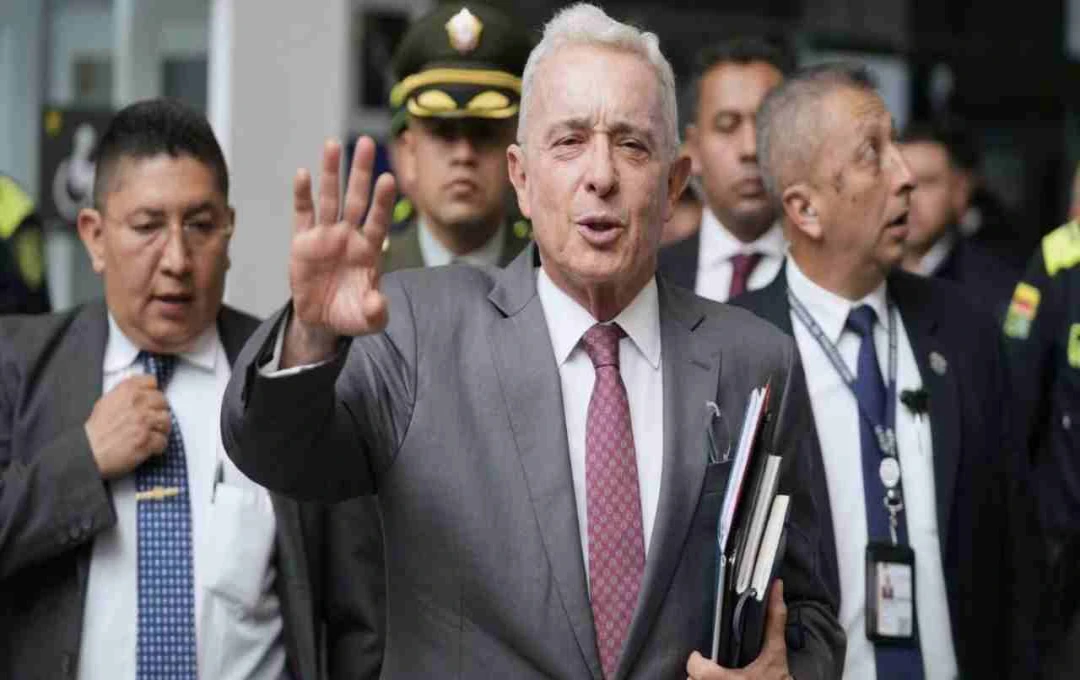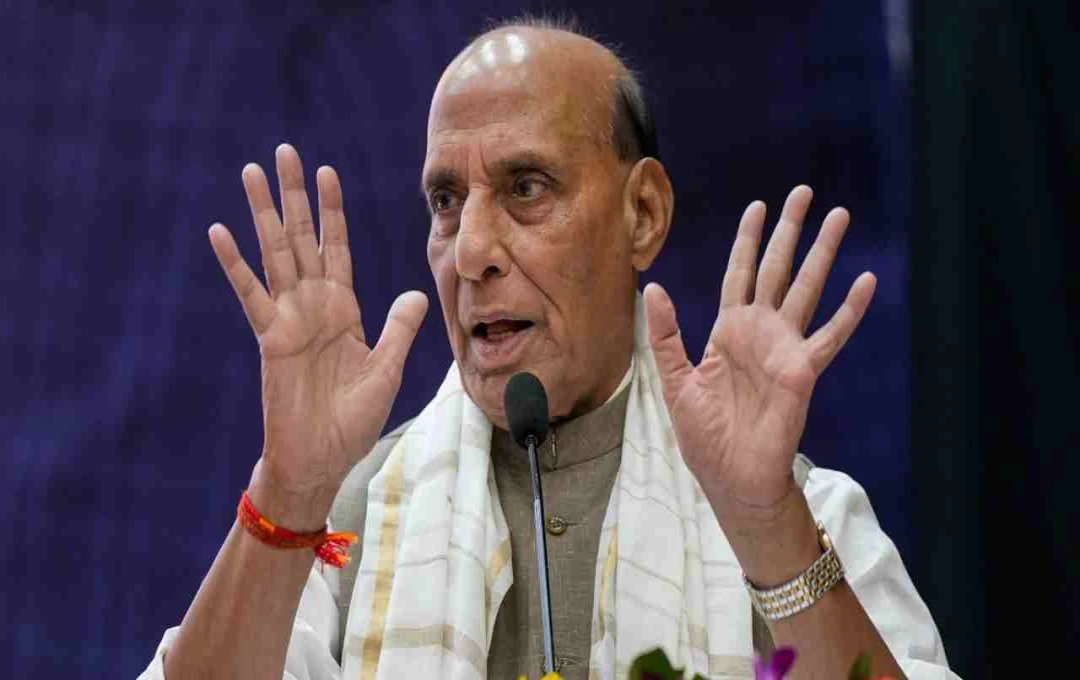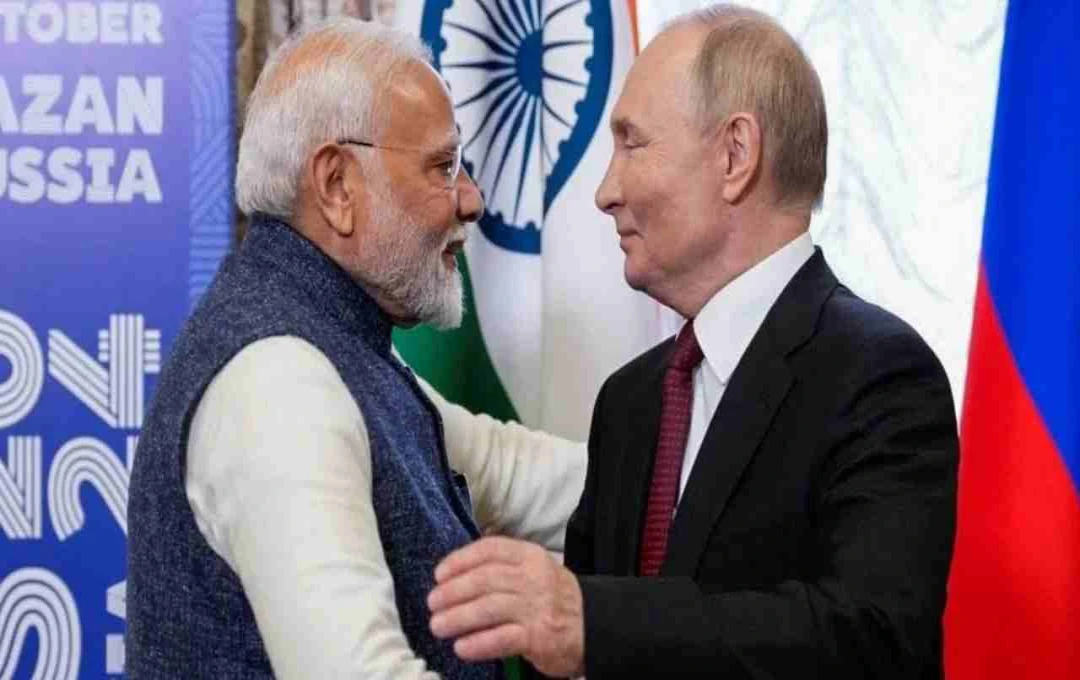The legal troubles of former Colombian President Álvaro Uribe have deepened. A court has sentenced him to 12 years of imprisonment in a criminal case. In this case, Uribe was accused of attempting to influence and bribe witnesses during the trial.
Bogota: A political earthquake struck Colombia when former President Álvaro Uribe was sentenced to 12 years of house arrest in a case involving bribery and witness tampering. This historic decision not only reflects the impartiality of the Colombian judiciary but also proves that no individual, no matter how influential, can evade accountability before the law.
What is the case about?
Former President Álvaro Uribe, who held Colombia's highest office from 2002 to 2010, was accused of having ties to paramilitary groups in the 1990s. Witnesses gave statements against him in this case, but it was proven in court that Uribe and his representatives attempted to influence and bribe those witnesses.
After a lengthy hearing lasting approximately six months, Judge Sandra Heredia found him guilty and sentenced him to 12 years of house arrest, an 8-year ban from holding public office, and a fine of approximately 776,000 US dollars (approximately ₹6.5 crore).
Uribe's Reaction
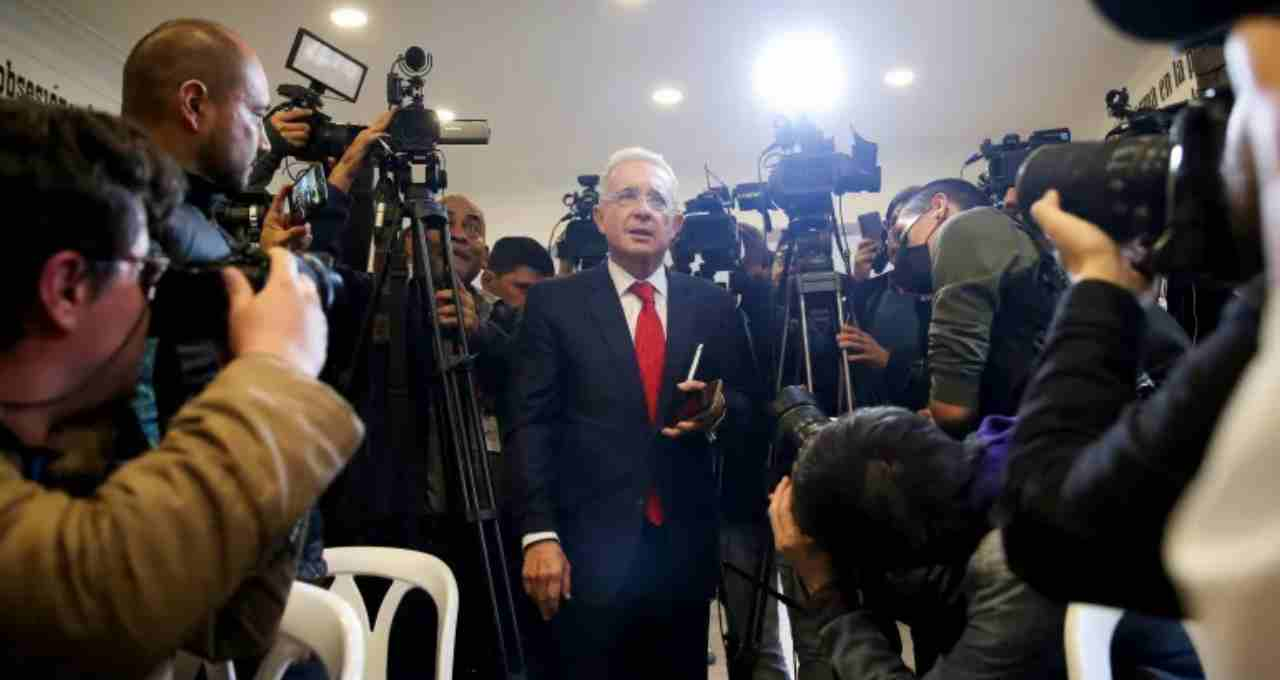
After the sentencing, Uribe said, "This case is entirely politically motivated. I have committed no crime. I will appeal this decision." His lawyer requested that Uribe be released pending the appeal, but the court rejected the request, stating that there was a risk that the former president would leave the country.
The court stated that Uribe used his political power to try to influence the judicial process. He attempted to silence witnesses through deception and pressure. Intermediaries were used to bribe witnesses. This conduct was against the constitutional principles of Colombia and the autonomy of the judiciary. Judge Heredia said, "A person holding public office is expected to abide by the law, not abuse it."
Uribe's Political Legacy
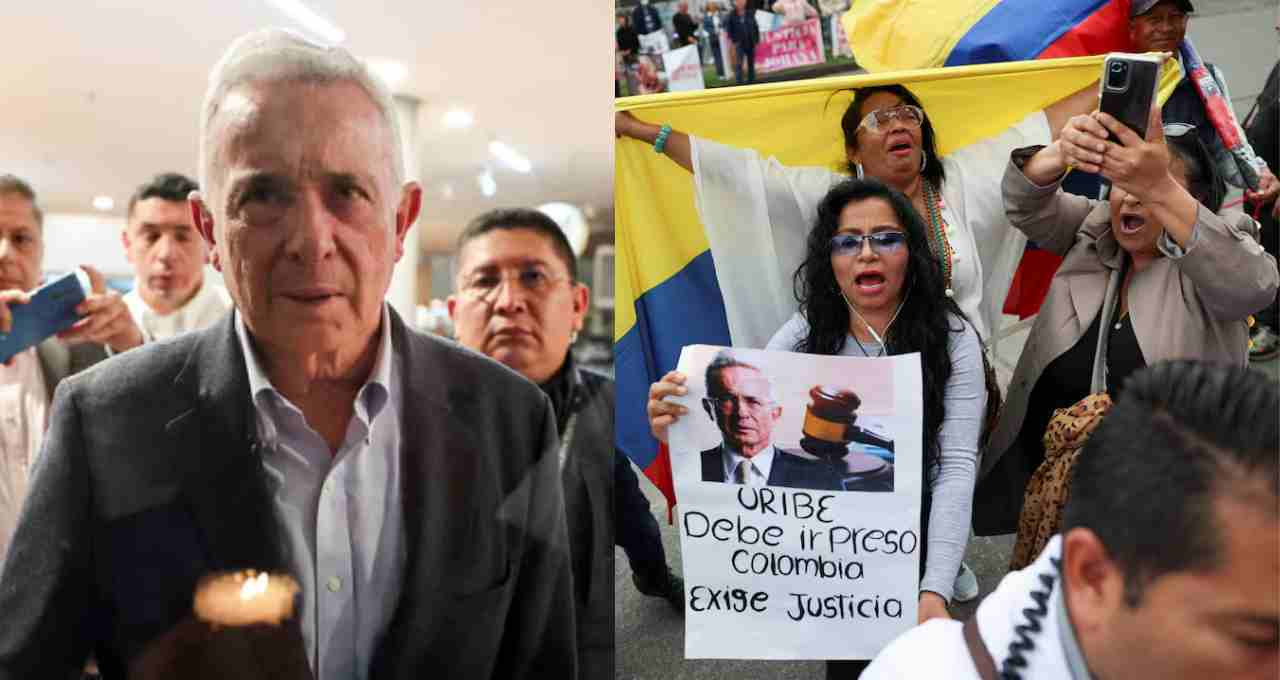
Uribe was once considered one of the best presidents in Colombia. He is credited with strengthening the country's security by carrying out strict military actions against the FARC rebel groups with the cooperation of the United States. But during his rule:
- Several allegations of human rights violations were made.
- Incidents of murder in false encounters by misidentifying several citizens came to light.
- Alleged connections with paramilitary groups were also exposed.
All these controversies have made Uribe's image that of a divisive leader. Some consider him to be the one who saved Colombia from becoming a failed nation, while others hold him responsible for anti-human rights activities.
